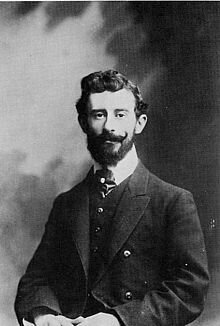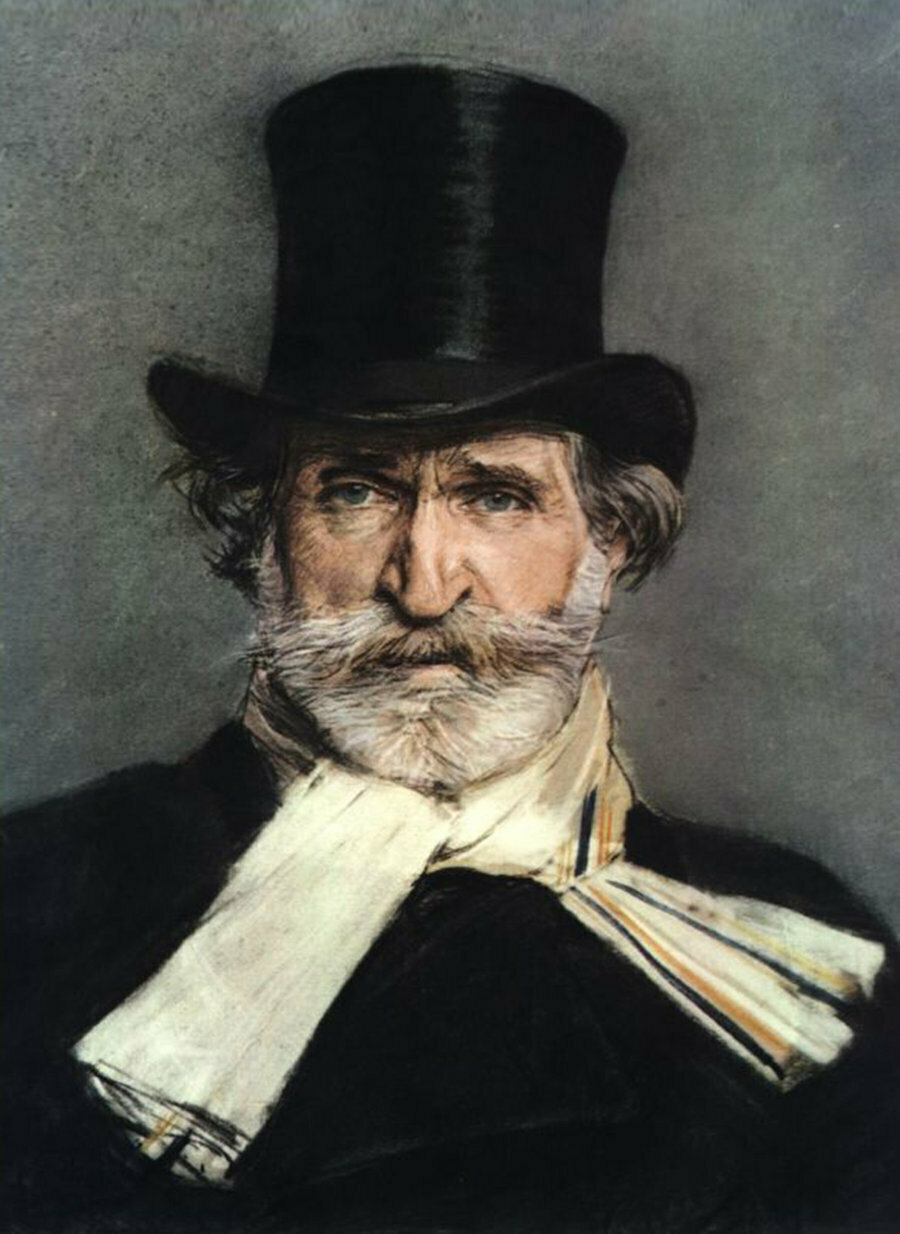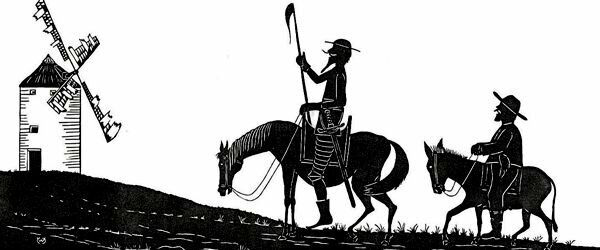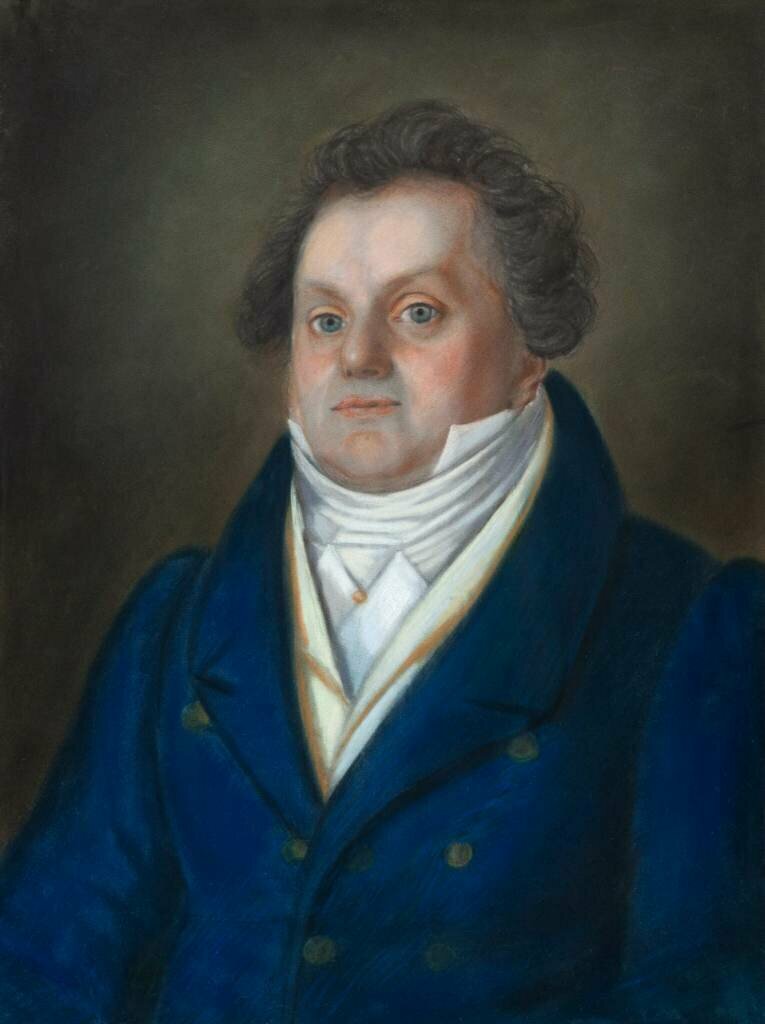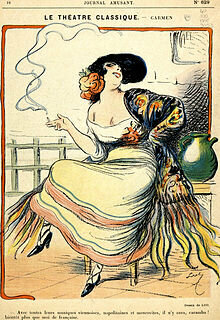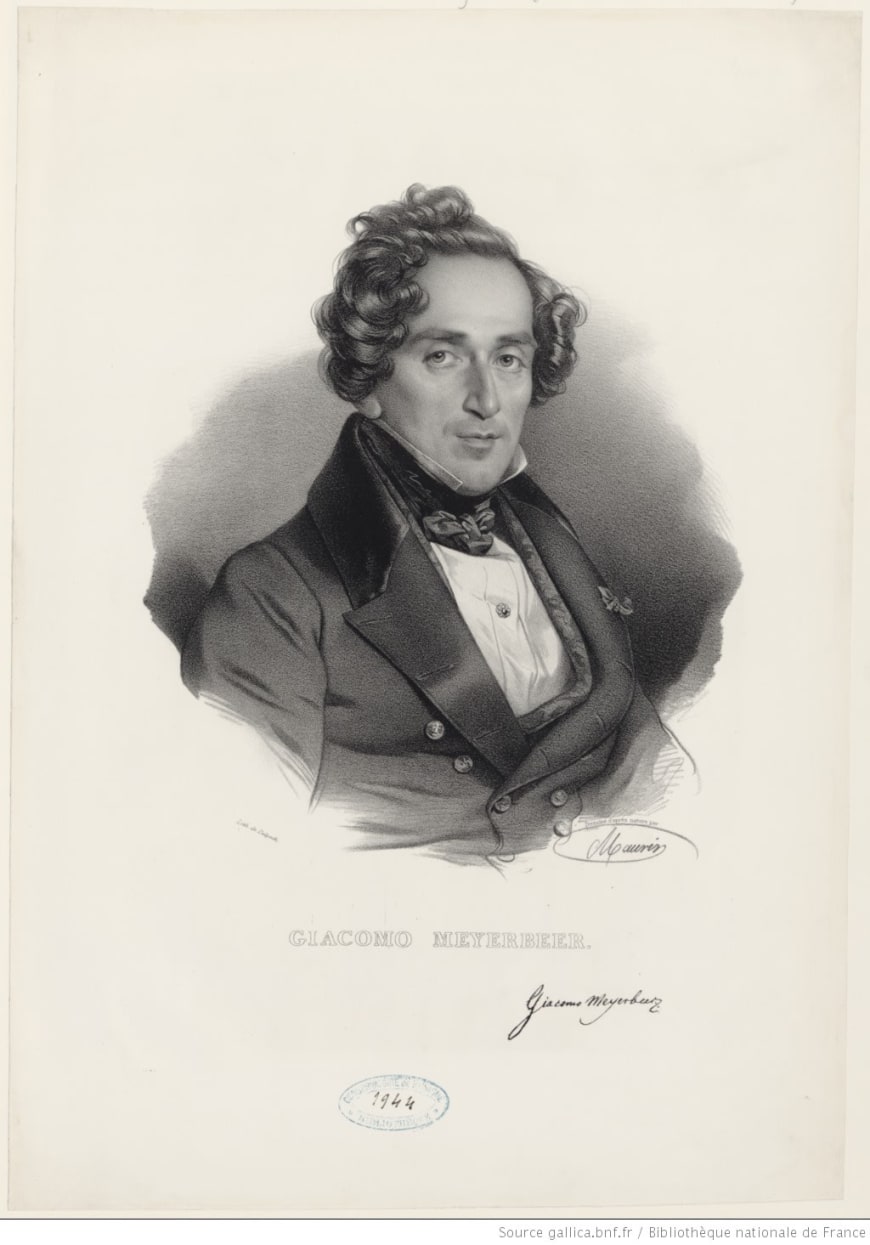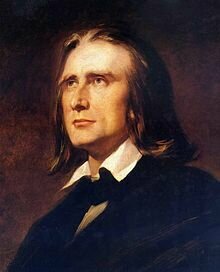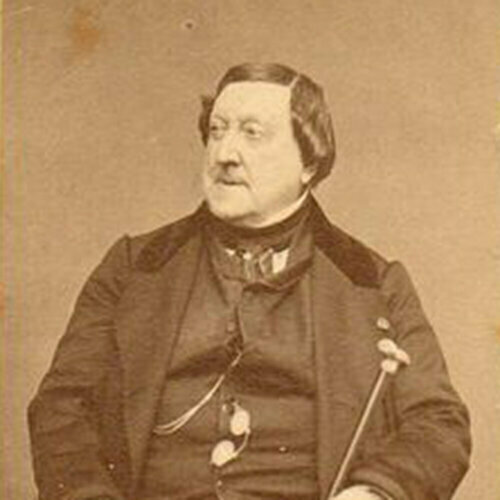Maurice Ravel hailed from the French Pyrenees, and he was born merely a couple of miles from the Spanish border. Growing up in Madrid, he had a natural fascination with Spain and one of his earliest pieces, written after he
On This Day
A tragic story of jealousy, vengeance and sacrifice, Rigoletto is one of Verdi’s most popular operas. In fact, when it premiered in Venice at La Fenice on 11 March 1851 to a full house, the aria “La donna è mobile”
Richard Strauss’ tone poem Don Quixote, subtitled “Fantastic Variations on a Theme of Knightly Character,” was premiered in Cologne on 8 March 1898. It musically dramatizes Miguel de Cervantes’ famous novel of 1605, describing the adventures of the anti-hero Don
Beethoven had started to work on his String Quartet Op. 127 in 1822, but it was not premiered until 6 March 1825. Tickets for a first hearing had actually been sold for the end of February, but the quartet wasn’t
George Bizet (1838-1875) was greatly optimistic about the premiere performance of his opera Carmen on 3 March 1875 at the “Opéra Comique” in Paris. Final rehearsals had gone very well, and on the very same day Bizet was appointed as
What do you call the massacre of thousands of Huguenot Protestants by Catholic forces on St. Bartholomew’s Day, 1572? In artistic terms, you’d have to call it the most successful opera of the 19th century. When Meyerbeer’s Les Huguenots premiered
Franz Liszt’s flamboyant personality and colorful pianistic mannerisms frequently detract from the fact that he was a highly gifted composer. What’s more, he was instrumental in establishing the intellectual foundations for a musical form that derives its movement and its
The premiere of Gioachino Rossini’s opera buffa The Barber of Seville on 20 February 1816 at the Teatro Argentina in Rome was a verifiable disaster! It probably had very little to do with how the music was performed that evening.

